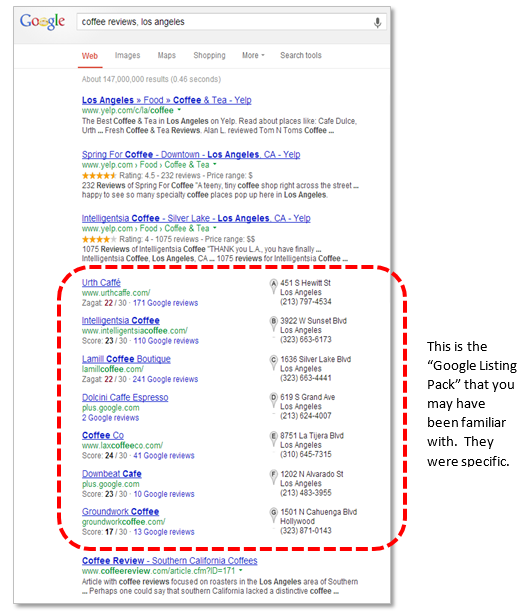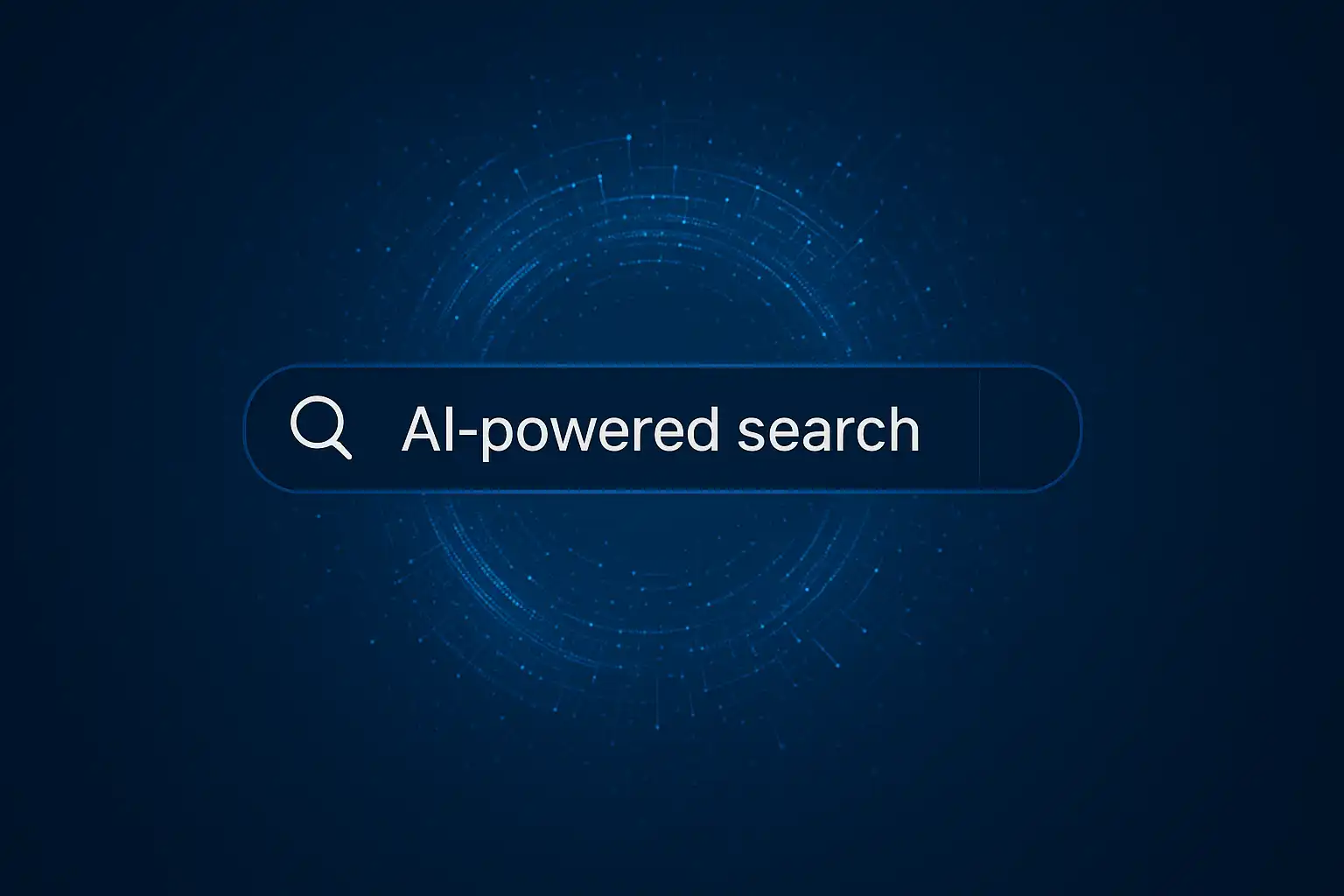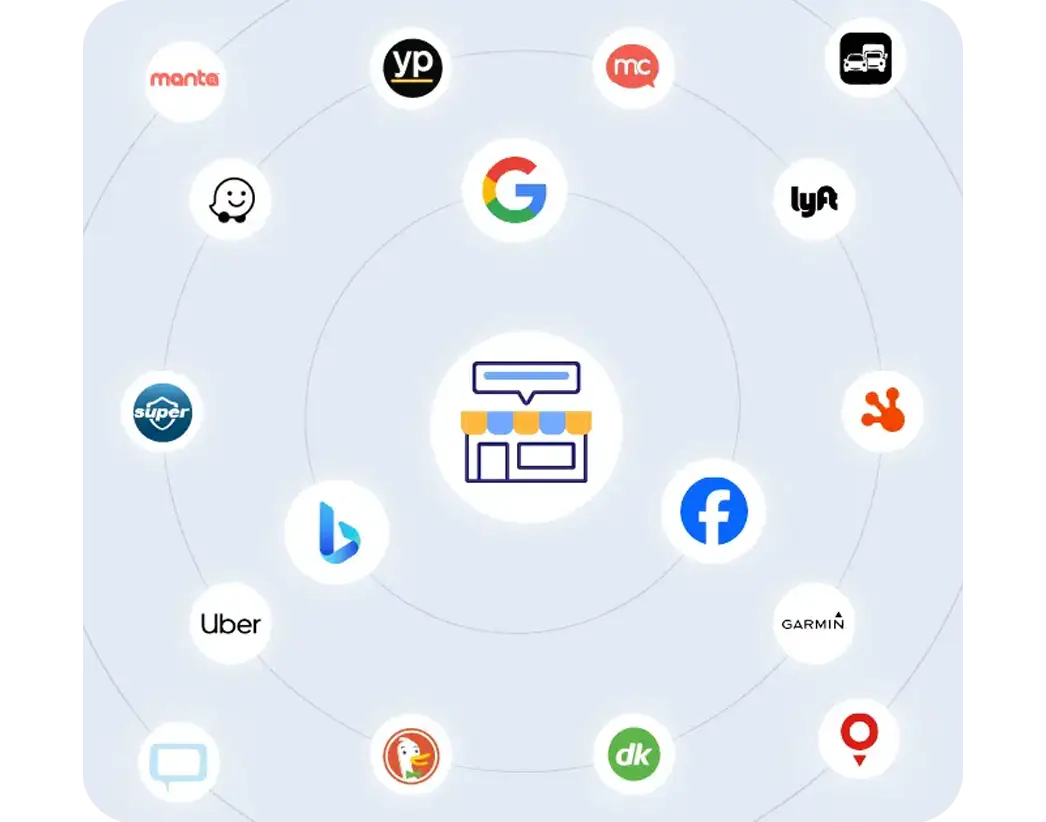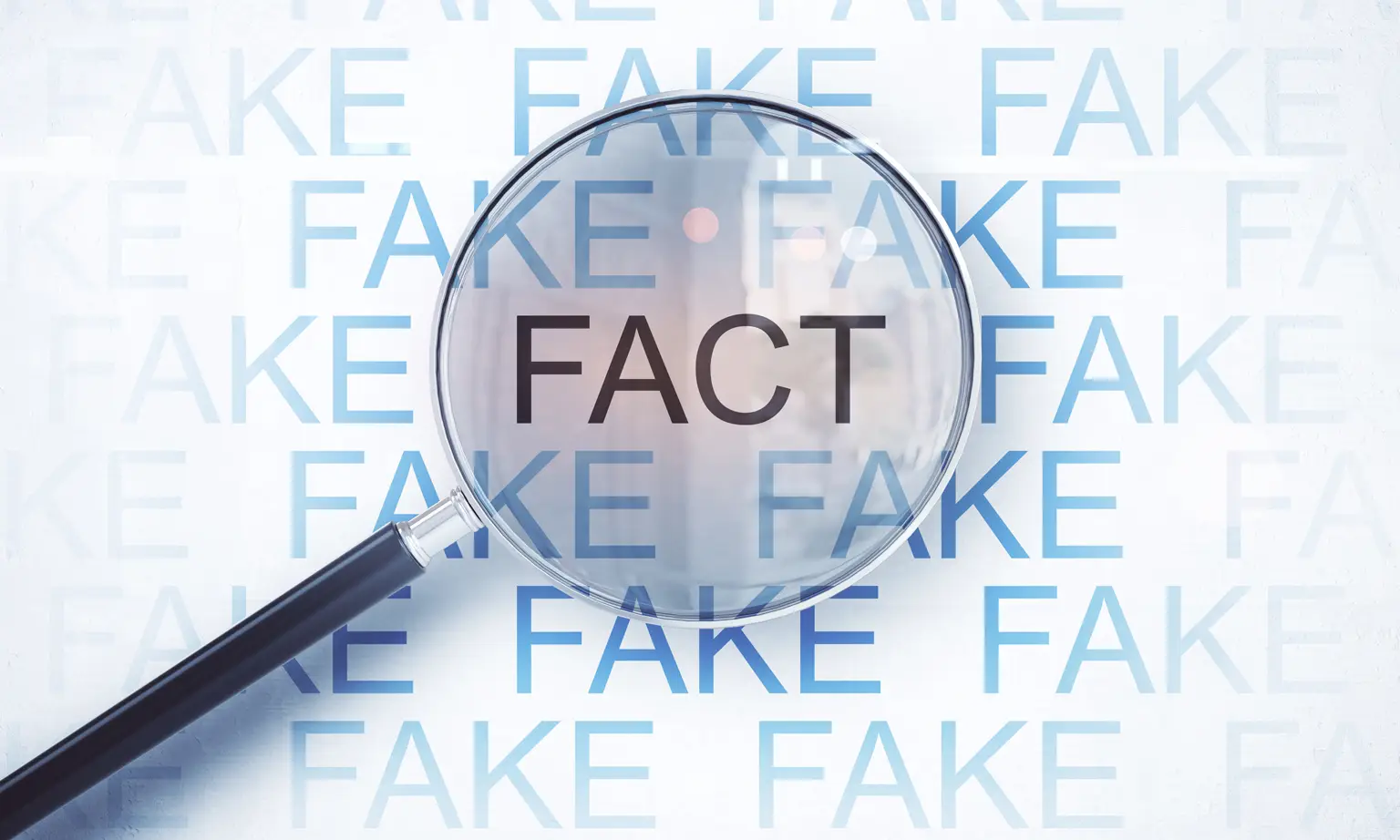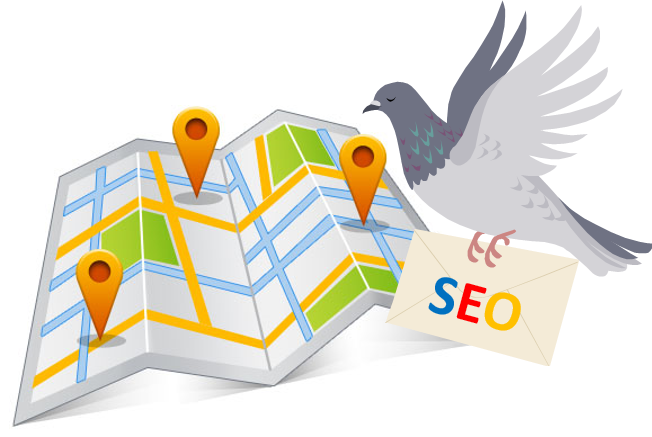 Google SEO Changes: Local Search – Silent but Important Changes
Google SEO Changes: Local Search – Silent but Important Changes
In the past few days, Google has silently rolled out changes to their search algorithm that have a direct impact on local search. Many search experts have dubbed this the “Pigeon” release. Unlike previous Google releases, this update was fairly silent. However, this update may have a significant effect on your business. To find out more, as well as what you can do about it, read on.
What is Local Search?
To clarify, “Local Search” is an industry term used to refer to the component of Google searches that takes into consideration your specific location. For example, if you type “pizza” into Google search, Google will prioritize “pizza” establishments that are closest to you. This prioritization applies to your website, social media pages and review sites (as well as those of your competition). Exactly what shows up first, second or third on Google’s search result depends on Google’s search algorithm. Google updates its algorithm a few times a year and this time, the update had a noticeable effect on the Local Search results.
Summary of Changes
- Google “Listing Packs” disappear
- Search results depend more on website authority
- Ranking boost seen for (non-Google) review sites
Google “Listing Packs” disappear
The most noticeable difference in the recent update is the disappearing act of the “Google Listing Pack”. This was a frequent component of search results. These listing “packs” could be seen in a grouping of related listings. The group previously would include anywhere from 2 to 7 related listings. Of course, clicking on the local icon would take you to the related Google+ page for that business. While listing packs still appear on some searches, it appears far less frequently.
At the same time, it also appears that the Google Carousel is slowly gaining more visibility. In the examples provided here for the search term “coffee reviews, Los Angeles”, you can see how the Google Listing Packs that appeared in previous searches, no long appear. Most noticeable is the prominence of the Google Carousel in the results of this particular term.
Website Authority
Traditional search results (i.e. non-Local search) use the “website authority” in their calculation. Website authority has many factors, including quality content, diverse quality backlinks, social activity, and website age. Relevant textual information on your site that includes the category of your business, description of services provided and, in the case of local search, the address and city of your business. Now your website, for your local business, will be more subject to the “Website Authority” rules for traditional Search Engine Optimization.
Review Site Rankings Increase
Google refers to Review Sites as “Local Directories.” Examples of these “Local Directories” include Yelp, TripAdvisor, RateMDs, HealthGrades, and many more. It appears that Google Local Search now prioritizes these “Local Directories” higher in their search results. You may find that search results for your business may show more of these local directories.
What Should You Do?
The results for every business will vary based on dozens of factors. However, there are several good practices that you should maintain to stay ahead of the competition and get better local search results. These include maintaining consistent listings on prominent review sites in your category, getting more Google reviews, maintaining positive reviews and harvest a steady stream of new reviews from your customers/patients/clients. ReviewInc’s services help monitor all of these factors which you can read more about in this recent article: There is New Life in SEO.
Final Note
Inevitably, expect more changes from Google. However, if you maintain good practices, you will not only be unaffected, but you may benefit when Google makes their next change.
